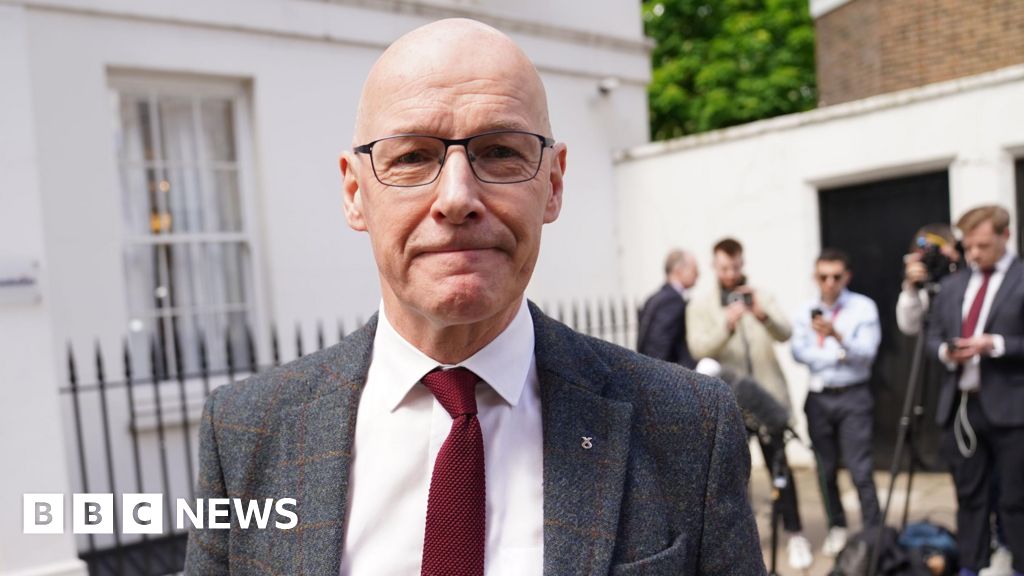- Bernanke took aim at the Bank’s ‘out of date’ software
- He also slammed ‘deficiencies’ when tracking future inflation levels
- Bernanke said a lack of investment had stopped staff from doing useful analysis
Andrew Bailey has refused to apologise for failing to get a grip on inflation after a review exposed ‘significant shortcomings’ at the Bank of England.
The governor said ‘we do not do hindsight’ when asked if he was sorry about findings that suggest the accuracy of economic forecasts had ‘deteriorated significantly’ since the pandemic.
In a scathing report, former US Federal Reserve chairman Ben Bernanke took aim at the Bank’s ‘out of date’ software and ‘deficiencies’ when tracking future inflation levels.
Bernanke, who ran the American central bank from 2006 to 2014, said a lack of investment had stopped staff from doing useful analysis on what might happen to the economy.
‘The most serious problems we found in our review are the deficiencies of the Bank’s forecasting infrastructure – the tools staff use to produce the quarterly forecast and supporting analyses,’ the report said.
‘Some key software is out of date and lacks important functionality.’ The review was launched last July after the Bank came under fire for raising interest rates too slowly and letting inflation spiral out of control to a 40-year high of 11.1 per cent.
This led to the Bank subsequently hiking rates to 5.25 per cent, where they remain.
But with inflation falling, critics have warned that the Bank is making another mistake by refusing to cut rates. Julian Jessop, economics fellow at the Institute of Economic Affairs think-tank, said the review had ‘exposed serious shortcomings at the Bank of England, which ultimately deepened the cost of living crisis’.
Bernanke made a series of recommendations for how the Bank could improve, including revamping the way it forecasts inflation.
And although Bailey welcomed the report’s dozen recommendations, he said: ‘We do not do hindsight. I don’t think it is appropriate to consider whether we would have made different decisions.’ But he added: ‘Would we have communicated our decisions differently? I think the answer to that is yes we would.’
Related Articles
HOW THIS IS MONEY CAN HELP
Inflation rose above the Bank’s 2 per cent target in late 2021 amid the fallout of the pandemic.
The Bank’s Monetary Policy Committee, which sets interest rates, initially believed that this jump was ‘transitory’.
But inflationary pressure was more aggressive than expected following Russia’s invasion of Ukraine and started hitting household spending.
Between December 2021 and August 2022, the Bank of England hiked interest rates 14 times to try to drive down inflation.
But inflation peaked at a 40-year high of 11.1 per cent in October 2022 and remains above the target at 3.4 per cent.
Despite his scathing assessment, Bernanke noted that errors ‘were hardly unique’ and had been seen at other central banks across the world.
He said: ‘The Bank of England suffered with a common deterioration in forecast accuracy, but we find that, overall, its record is generally in the middle of the pack.’
Some links in this article may be affiliate links. If you click on them we may earn a small commission. That helps us fund This Is Money, and keep it free to use. We do not write articles to promote products. We do not allow any commercial relationship to affect our editorial independence.

Robert Johnson is a UK-based business writer specializing in finance and entrepreneurship. With an eye for market trends and a keen interest in the corporate world, he offers readers valuable insights into business developments.








